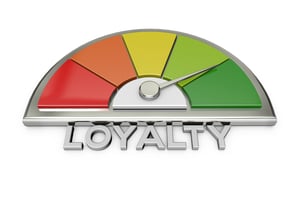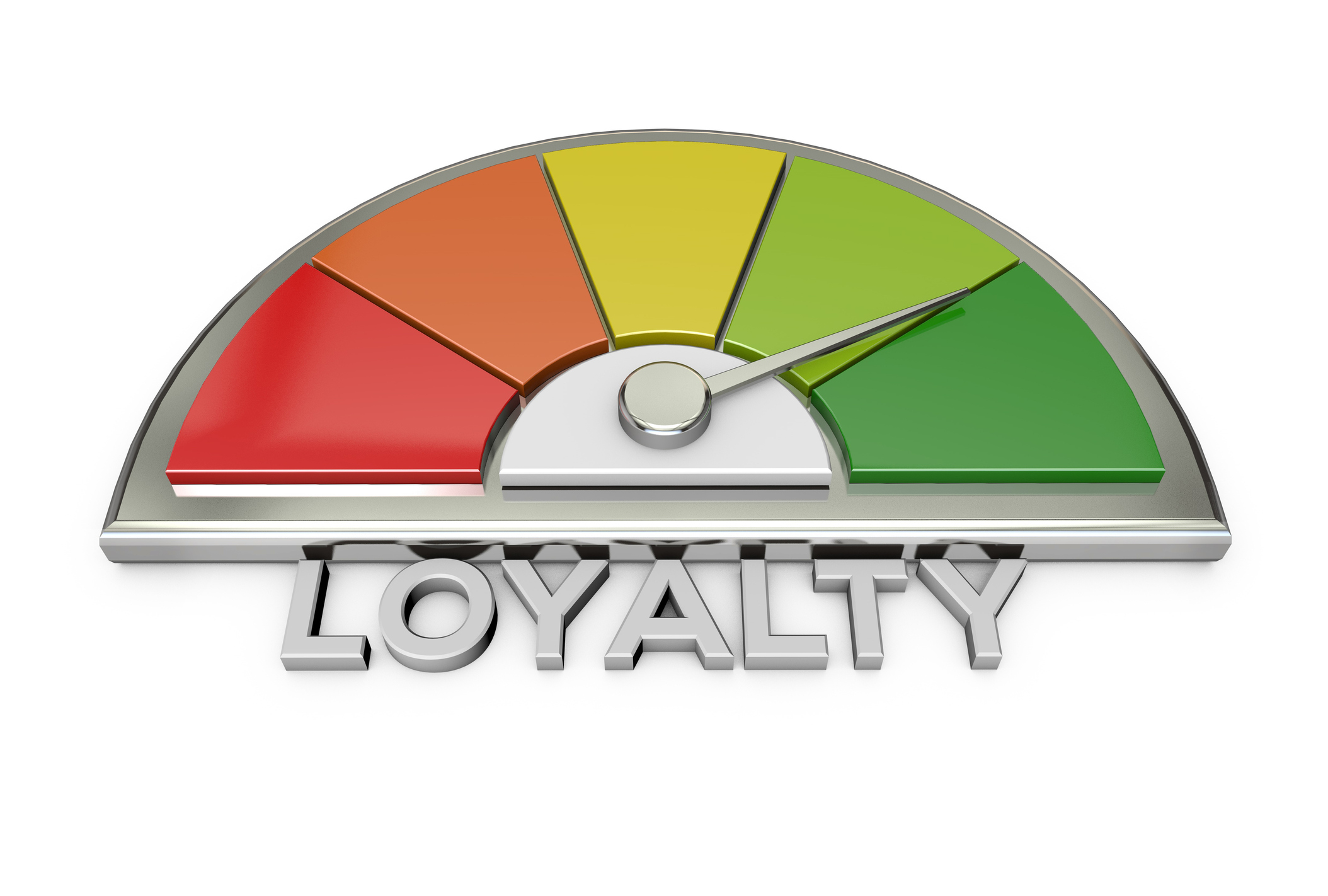As sales professionals, we’re always striving to increase the profitability of our businesses. Amidst the hustle and bustle of business, it’s easy to become so focused on “closing deals” that there’s little time left to invest in our own reputations. The reputation of a company can make or break its long-term success and profitability. If you think of reputation as a form of capital, it becomes apparent that it is – like anything else affecting a company’s success – an investment necessity.

According to Kevin T. Jackson’s book, Building Reputational Capital: Strategies for Integrity and Fair Play that Improve the Bottom Line, maintaining a good reputation is vital to long-term success. When a company maintains a positive reputation, it attracts the top talent, customers, and investors. Jackson suggests treating reputation as an asset (and including it on your “extended balance sheet”). If you’re interested in learning more about how to build, maintain, and quantify reputation, I highly recommend reading this book.
Here’s a summary from Amazon:
“In the aftermath of scandals such as those at Enron and WorldCom, there is a growing suspicion of the corporate world. For this reason it is more important than ever for firms to maintain a good reputation. In Building Reputational Capital, Kevin T. Jackson offers a practical guide to taking the high road – the only path that leads to lasting success.
“Based on extensive research and real-world experience, Building Reputational Capital reveals basic principles of integrity and fairness with which firms can build an enduring reputation. More than image, a firm’s reputation is a form of capital often neglected in the boardroom and overlooked in conventional analyses of financial statements. Speaking directly to the work experience of real people in practical business settings, Jackson couples each principle with straightforward actions that drive management systems, and he provides tested strategies – from downsizing techniques to e-commerce tips – that cultivate the hidden power of a good reputation. He outlines the advantages of a superior reputation (simply put, people want to work for, invest in, and do business with a company or person with integrity), describes the vital role the firm’s leader must play, offers ways to build and protect your reputation on the Internet (from defusing Internet rumors to creating an online community), and shows how to rescue your reputation once disaster hits. Perhaps most important, he shows how to strike the right balance of virtues like authenticity, honesty, responsibility, and stewardship of the environment, employees, and the economy.
“Highlighted with real-life success stories – from giants like Hewlett-Packard to small firms like Thanksgiving Coffee Company (which invests part of its revenues in the Central American villages in which its beans are grown), Building Reputational Capital offers a simple but effective guide for executives, managers, entrepreneurs, legal professionals, and corporate consultants.”







